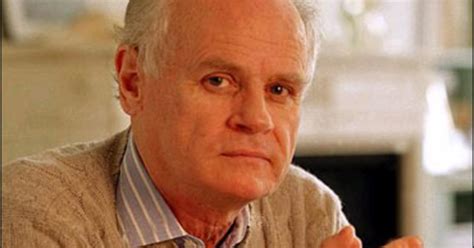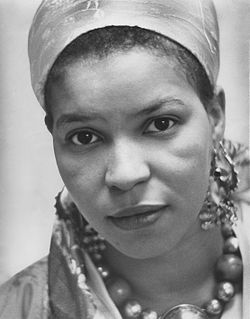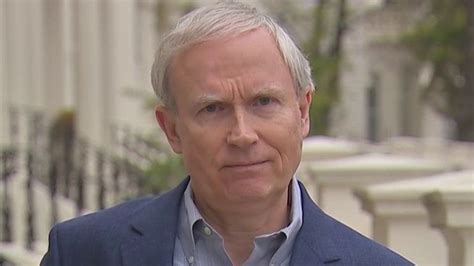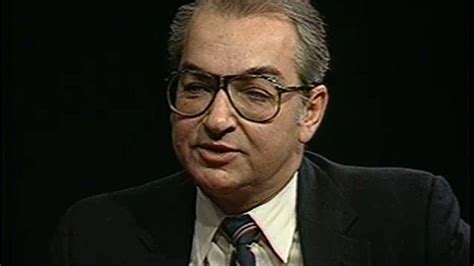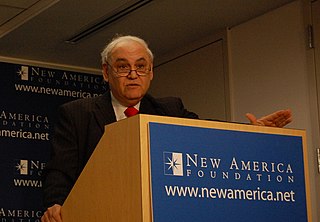A Quote by Richard Hofstadter
The intellectual is engage-he is pledged, committed, enlisted. What everyone else is willing to admit, namely that ideas and abstractions are of signal importance in human life, he imperatively feels.
Related Quotes
Everyone feels awkward, everyone feels uncomfortable, everyone gets older, everyone gets lonely, everyone gets sick, everyone eventually dies. You’re at the Aspen Ideas Fest, and you have these really smart, really accomplished people who pretend like they’ve somehow figured out a way to bypass the human condition. We live in this culture where there are so many things that want us to pretend that we’re not truly human.
Was everyone else really as alive as she was?...If the answer was yes, then the world, the social world, was unbearably complicated, with two billion voices, and everyone's thoughts striving in equal importance and everyone's claim on life as intense, and everyone thinking they were unique, when no one was.
I'm committed to the idea that one of the few things human beings have to offer is the richness of unconscious and conscious emotional responses to being alive. ... The kind of esteem that's given to brightness/smartness obliterates average people or slow learners from participating fully in human life, particularly technical and intellectual life. But you cannot exclude any human being from emotional participation.




